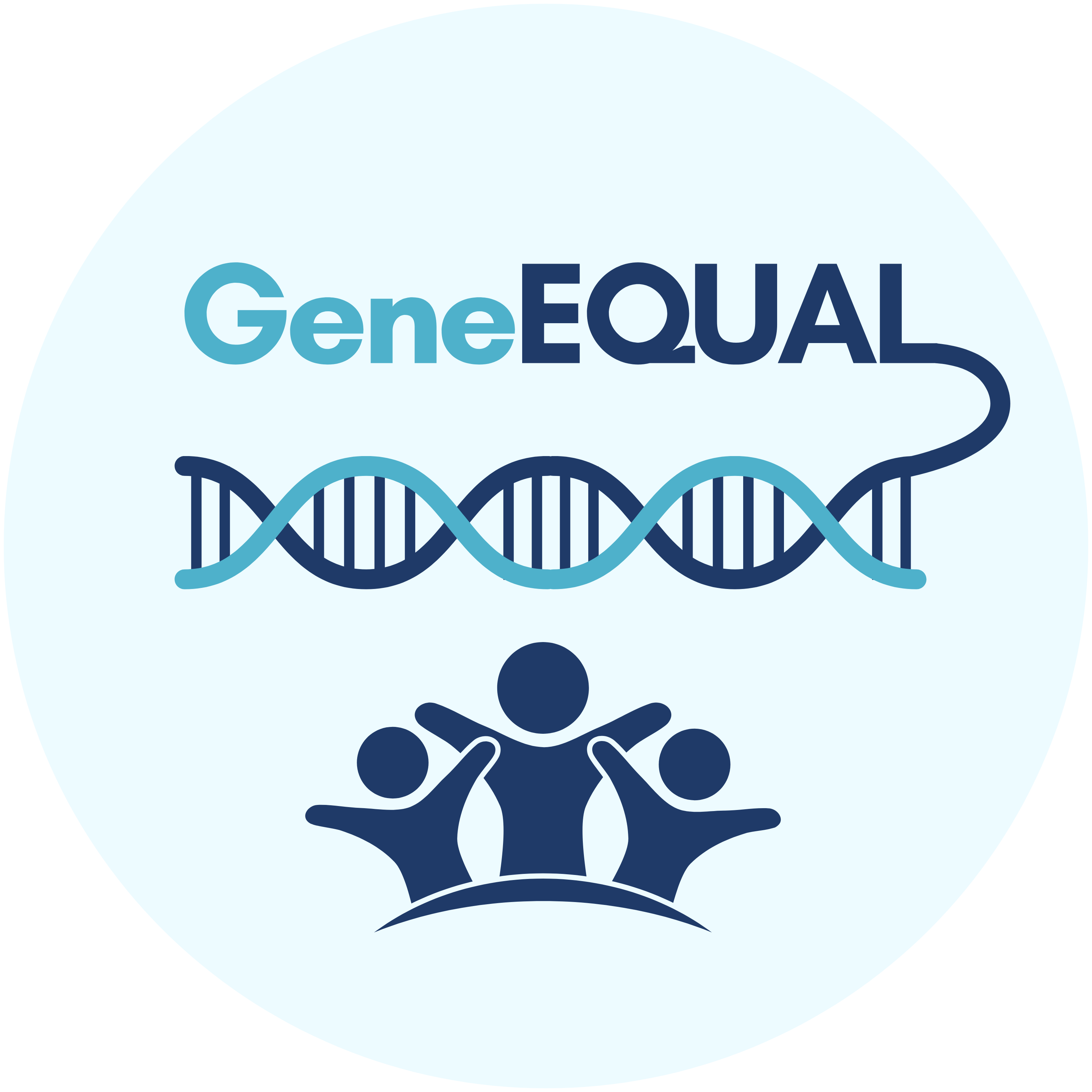This project is about improving the education students with intellectual disability learn about genetic health care in schools.
Education project 1:
Students and young people with intellectual disability and their teachers have their say about their health and genetic health literacy education.
What was the project about?
All students in NSW high schools are meant to learn about genetics in science class.
The GeneEQUAL team heard from adults with intellectual disability that they wished they had learnt more about genetics at school.
But we found out that there was no research done to understand how genetics should be taught at schools for students with intellectual disability.
So we wanted to change that!
We wanted to hear from students and young people with intellectual disability and their teachers about three main things:
- What were their experiences of teaching or learning about health, health care choices and genetics?
- What were some things that made teaching or learning about health, health care choices and genetics good?
- What were some things that made teaching or learning about health, health care choices and genetics not so good?
What did we do together?
We spoke to students and young people with intellectual disability to find out what they learned about genetics, health and health care choices.
We spoke to teachers about what subjects they are trained in, what their schools are like, how they teach students about genetics and how they communicate with parents and families.
We listened to their opinions and asked questions.
So far, we have spoken to 15 teachers and 15 students and young people.
What did we find out together?
We found out that students and young people with intellectual disability and their teachers had very similar experiences and ideas.
They all wanted teachers to have accessible classroom resources to help them teach students with intellectual disability.
They recommended that the GeneEQUAL team make different kinds of resources – for example videos, social stories, worksheets that can be changed easily, textbooks written in plain English and manipulatives. Manipulatives are things you can touch and learn with. For example, using pipe cleaners to make DNA or pasta to learn about genetics!
Some teachers said it would be great if people with intellectual disability helped design resources.
They also wanted teachers to be able to have more training about genetics, intellectual disability and how to teach people with intellectual disability.
Finally, they wanted everyone in the school (parents, students and teachers) to learn more about disability and why it is important to learn about genetics, health and health care choices.
What is happening now?
The GeneEQUAL team are now listening to parents and siblings of students and young people with intellectual disability.
Are you interested in being involved in this project ?
You can read more about the project here New study for teens and young people with intellectual disability – GeneEQUAL
How was this project funded ?
The GeneEQUAL Education Project is funded by a grant from UNSW Sydney, the Faculty of Arts, Design and Architecture.
